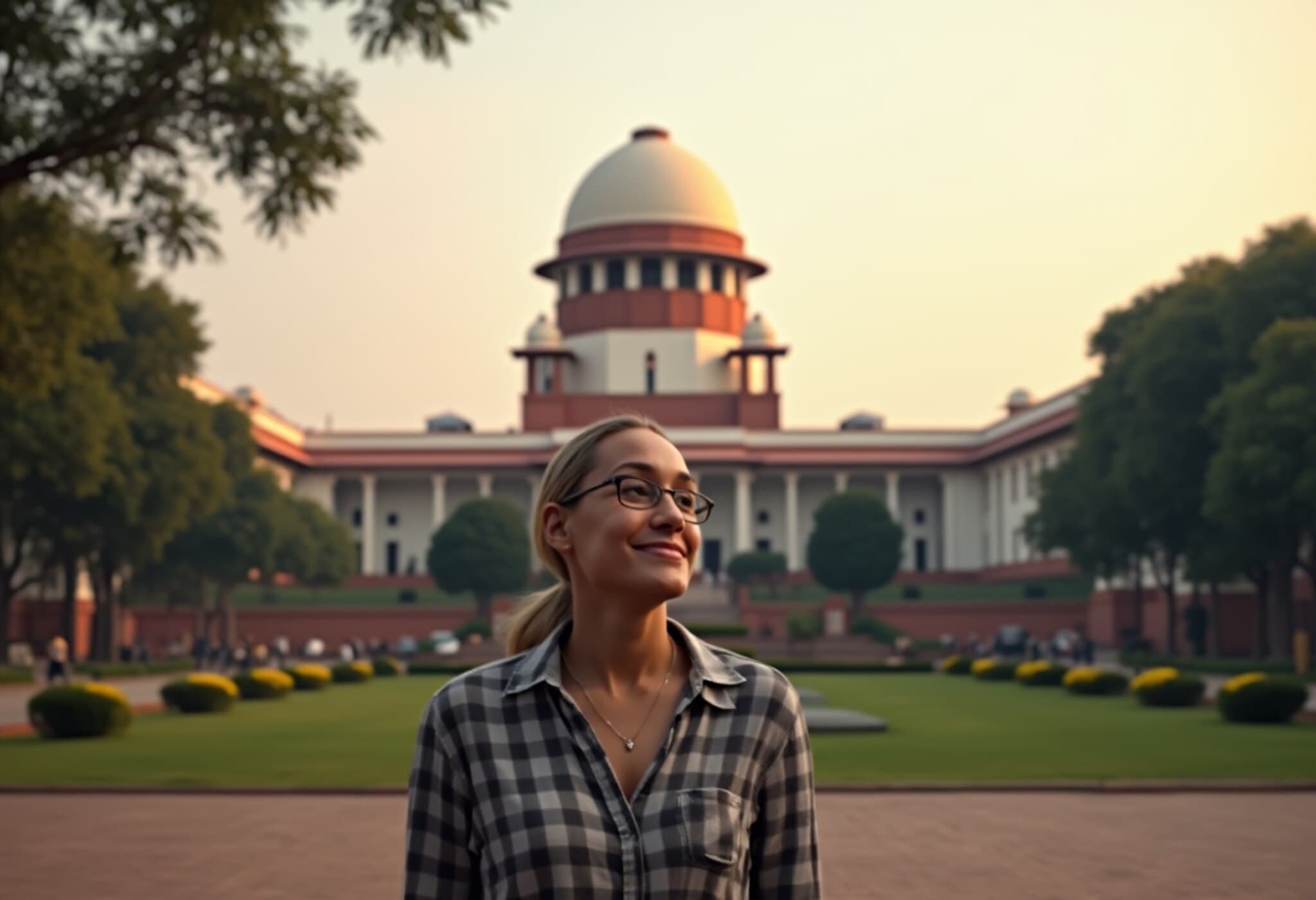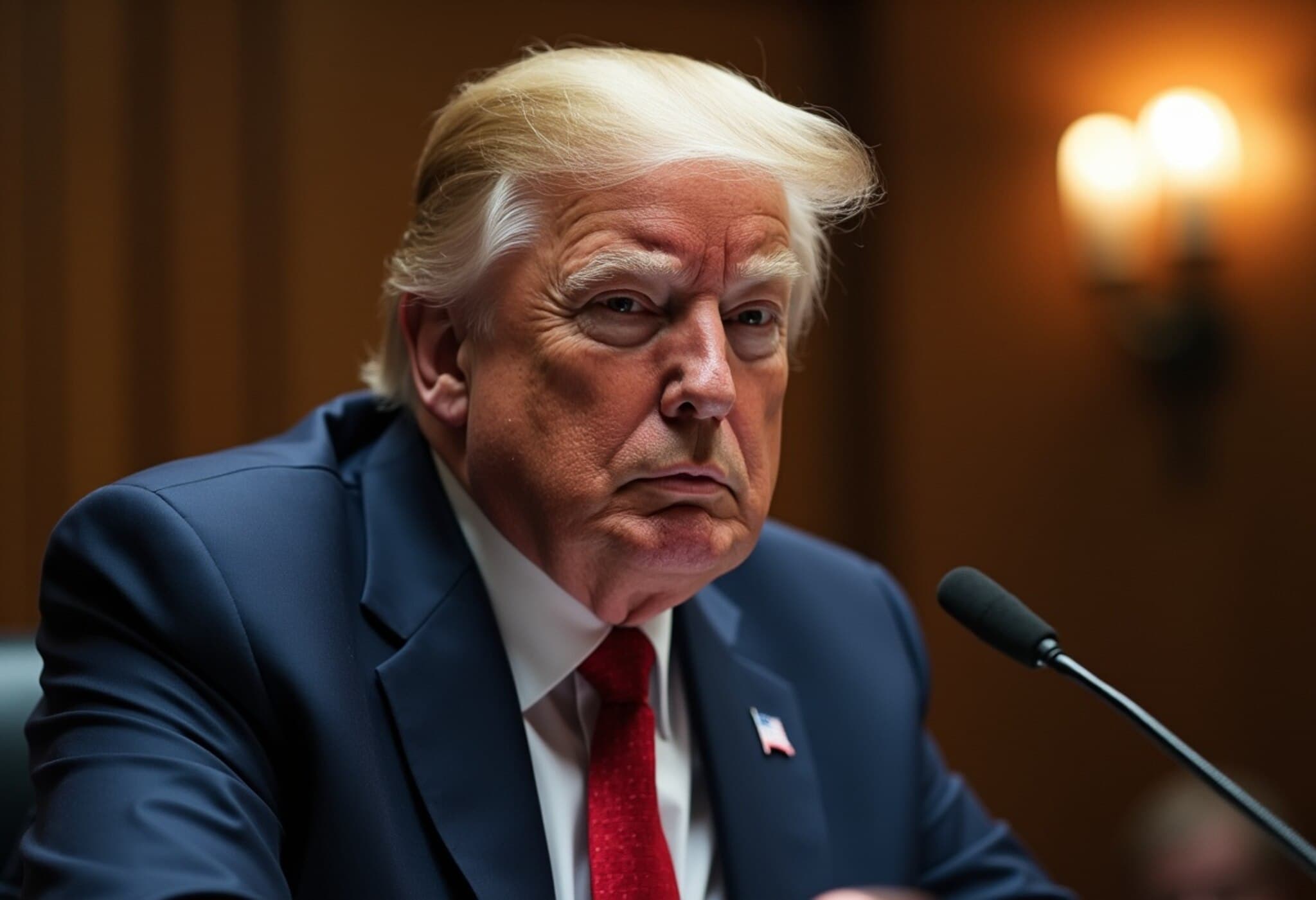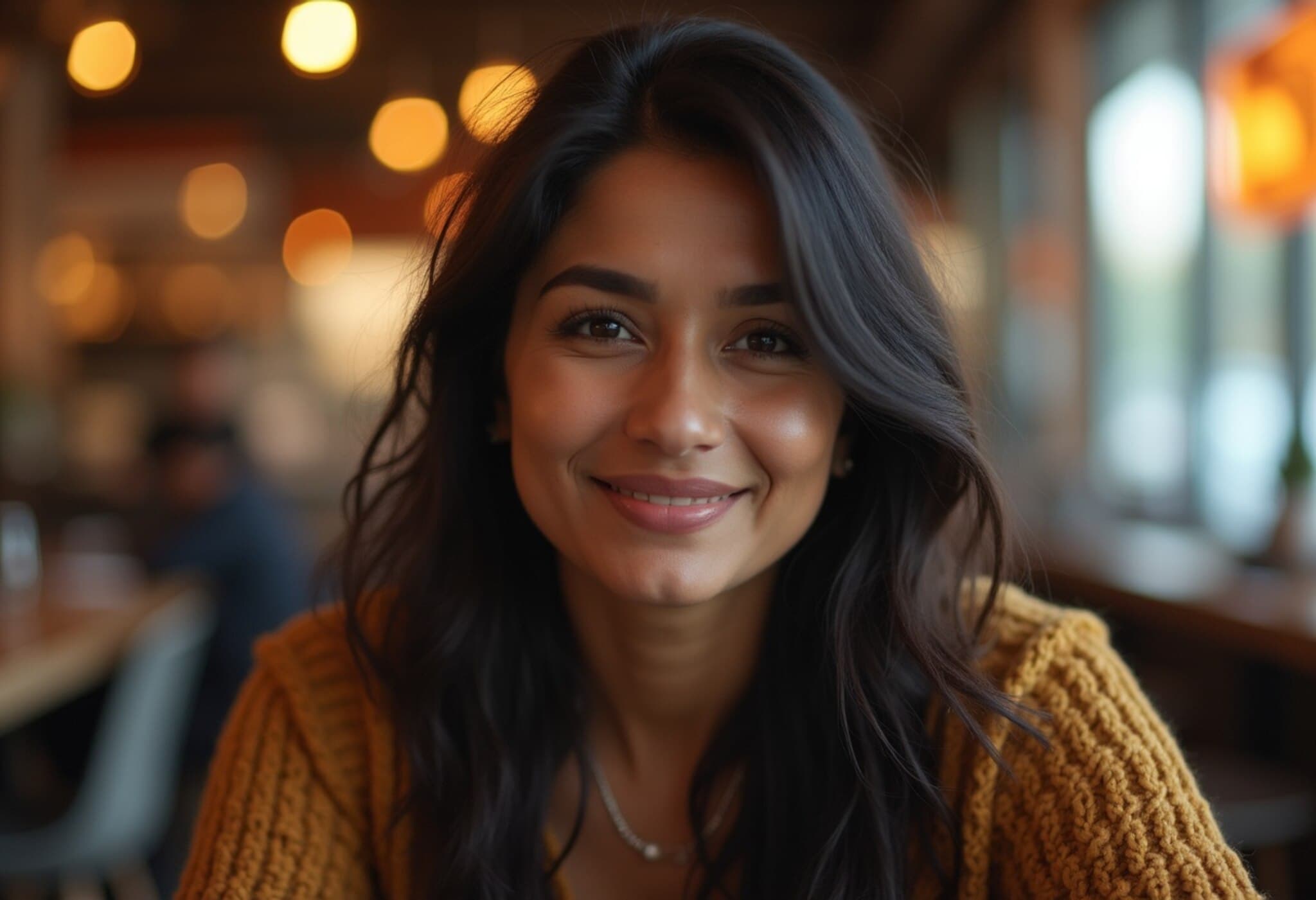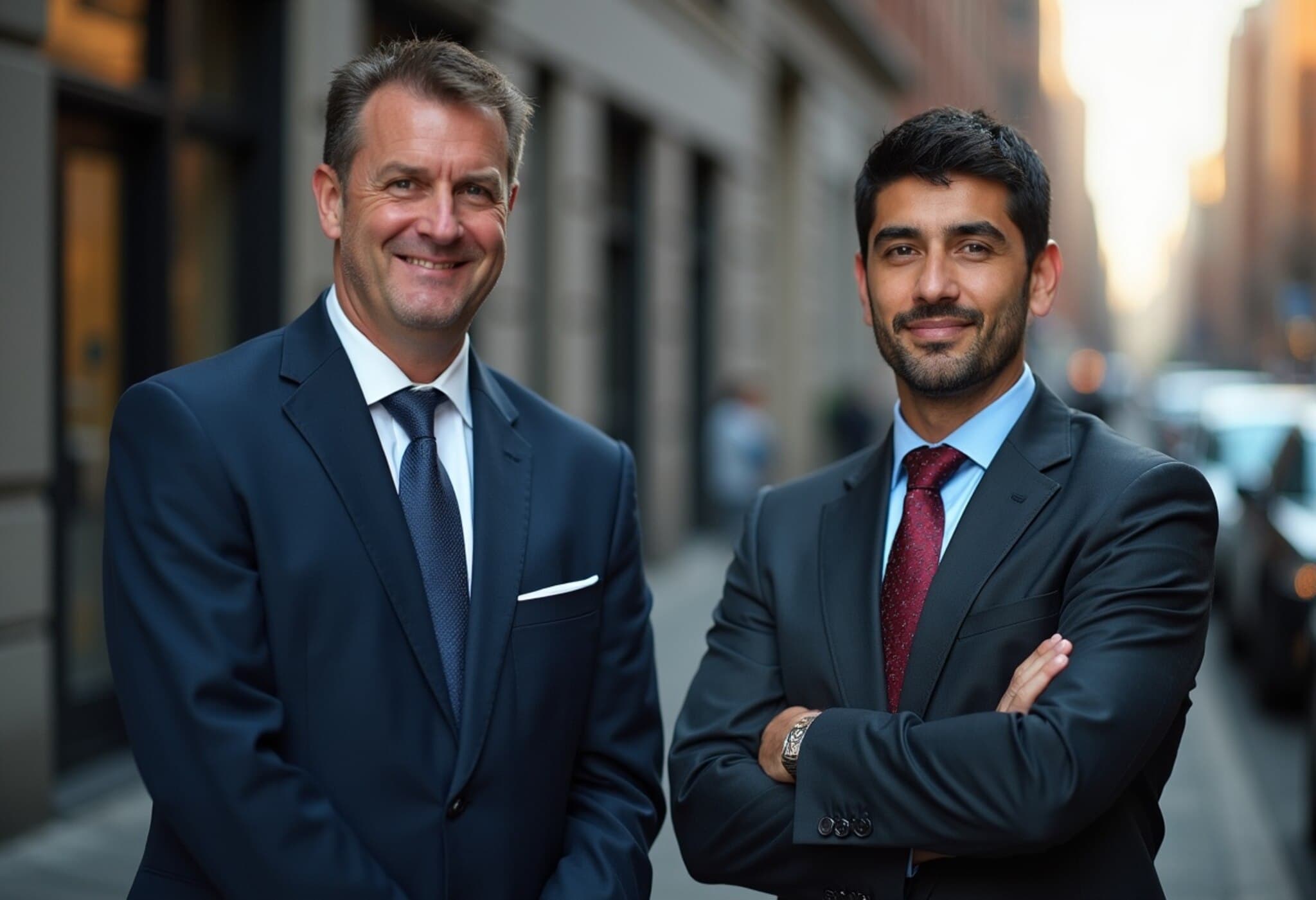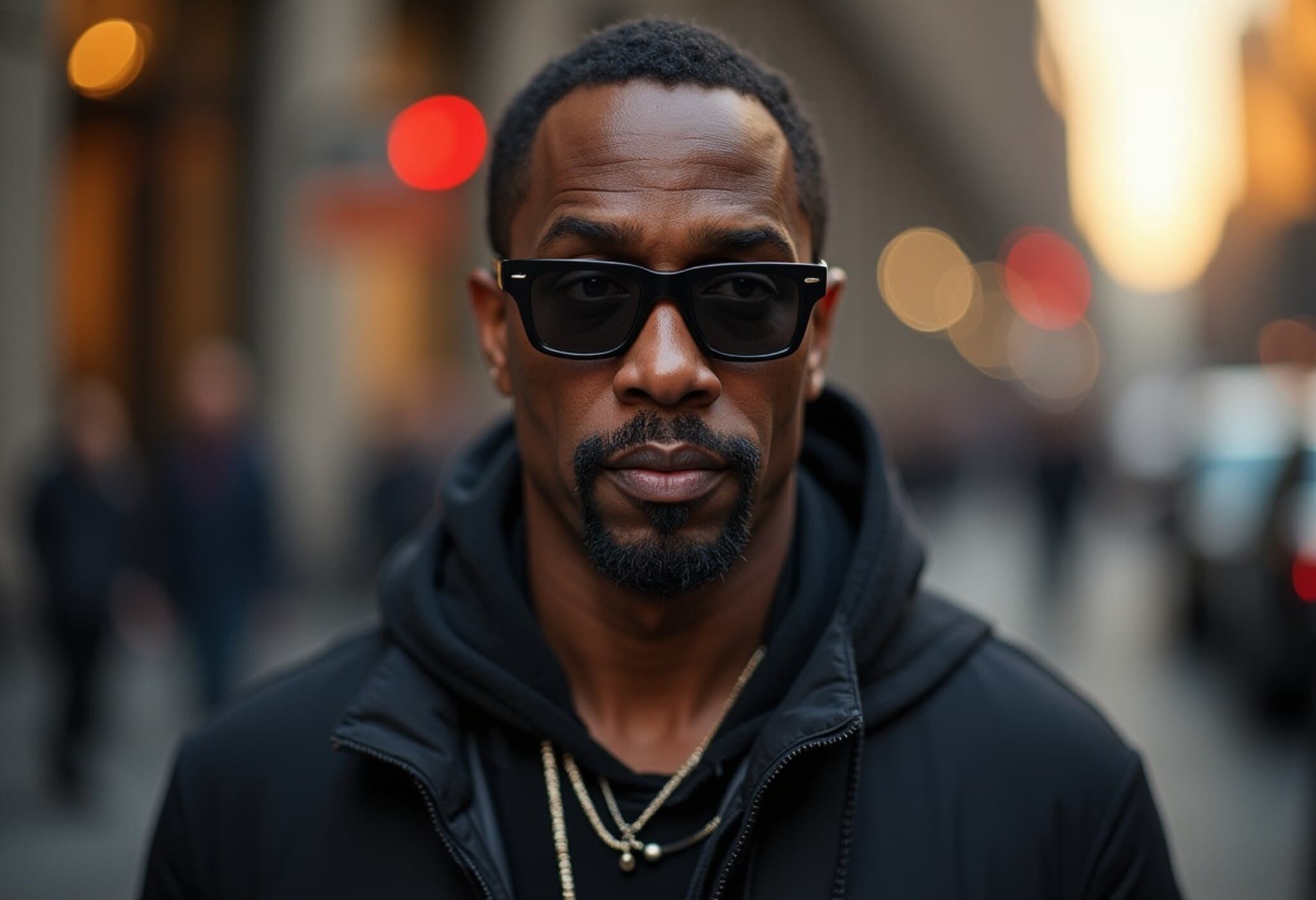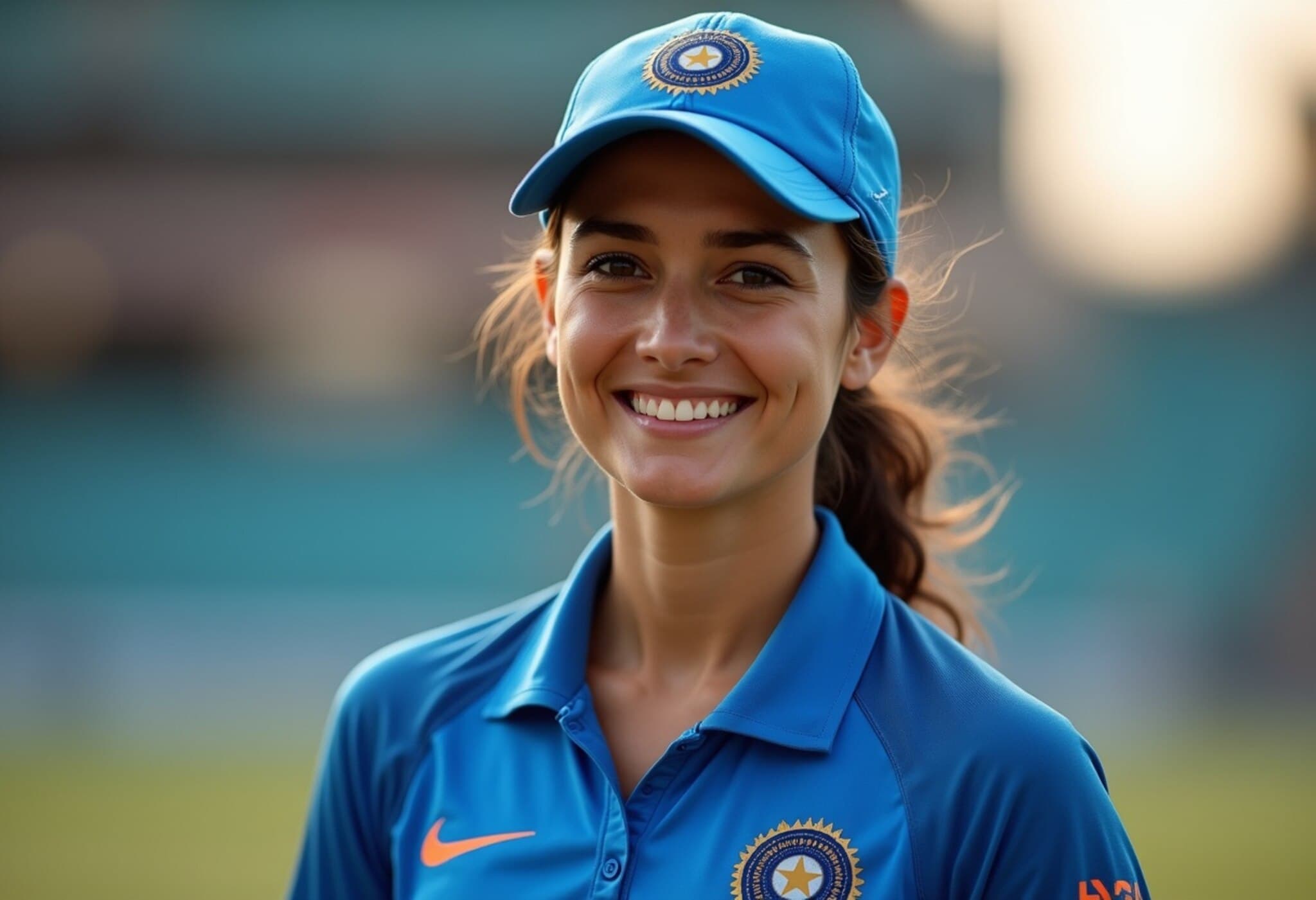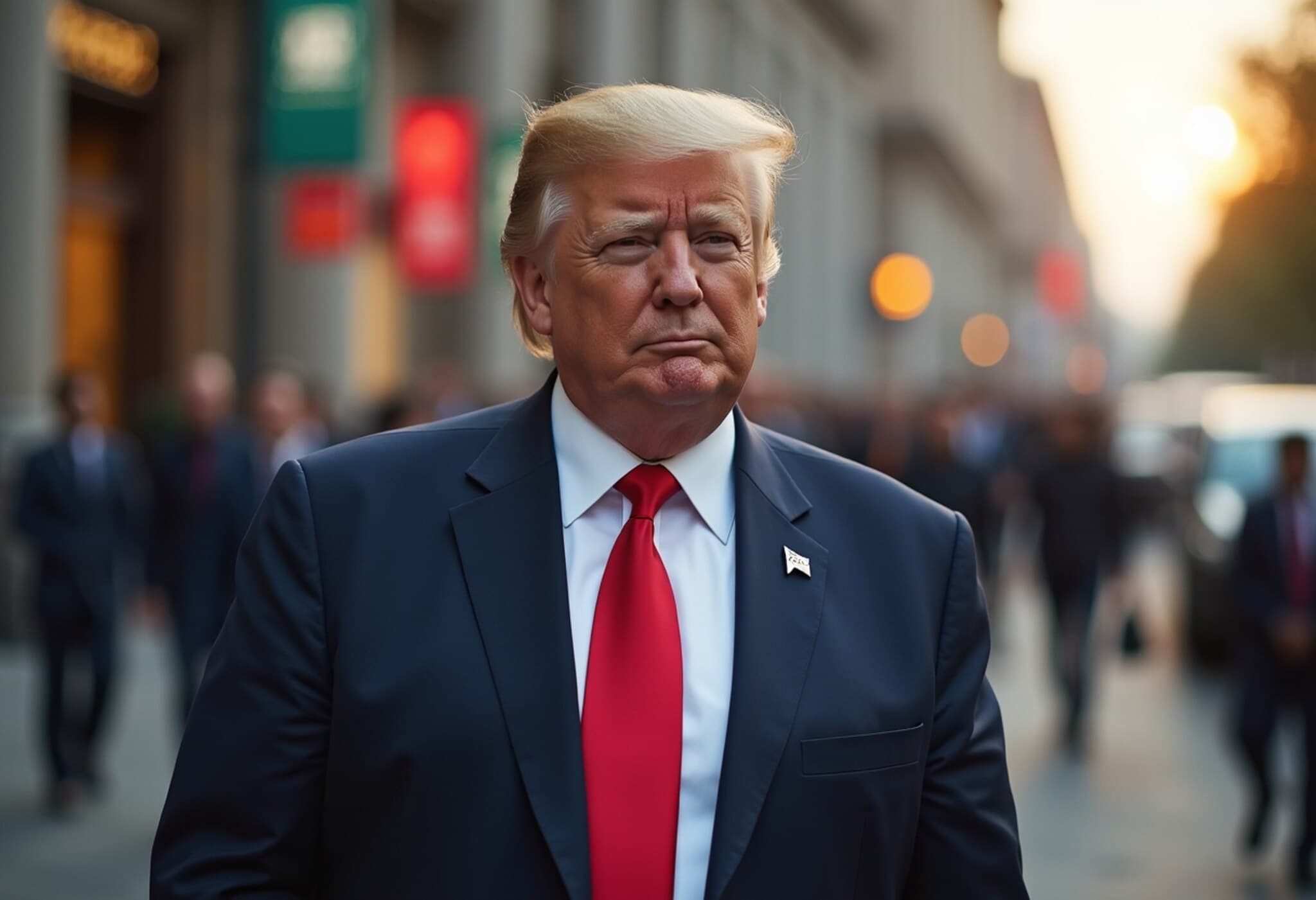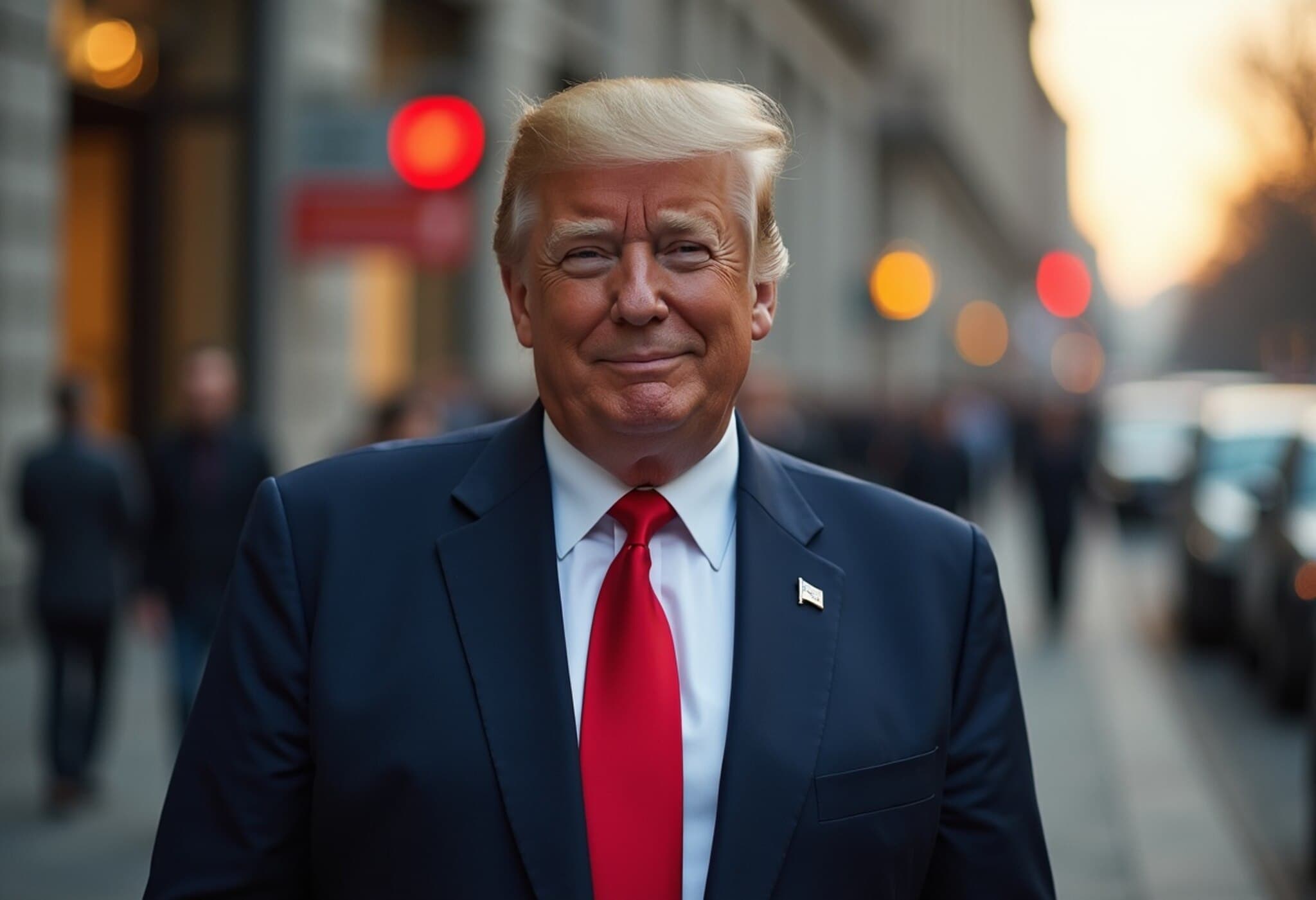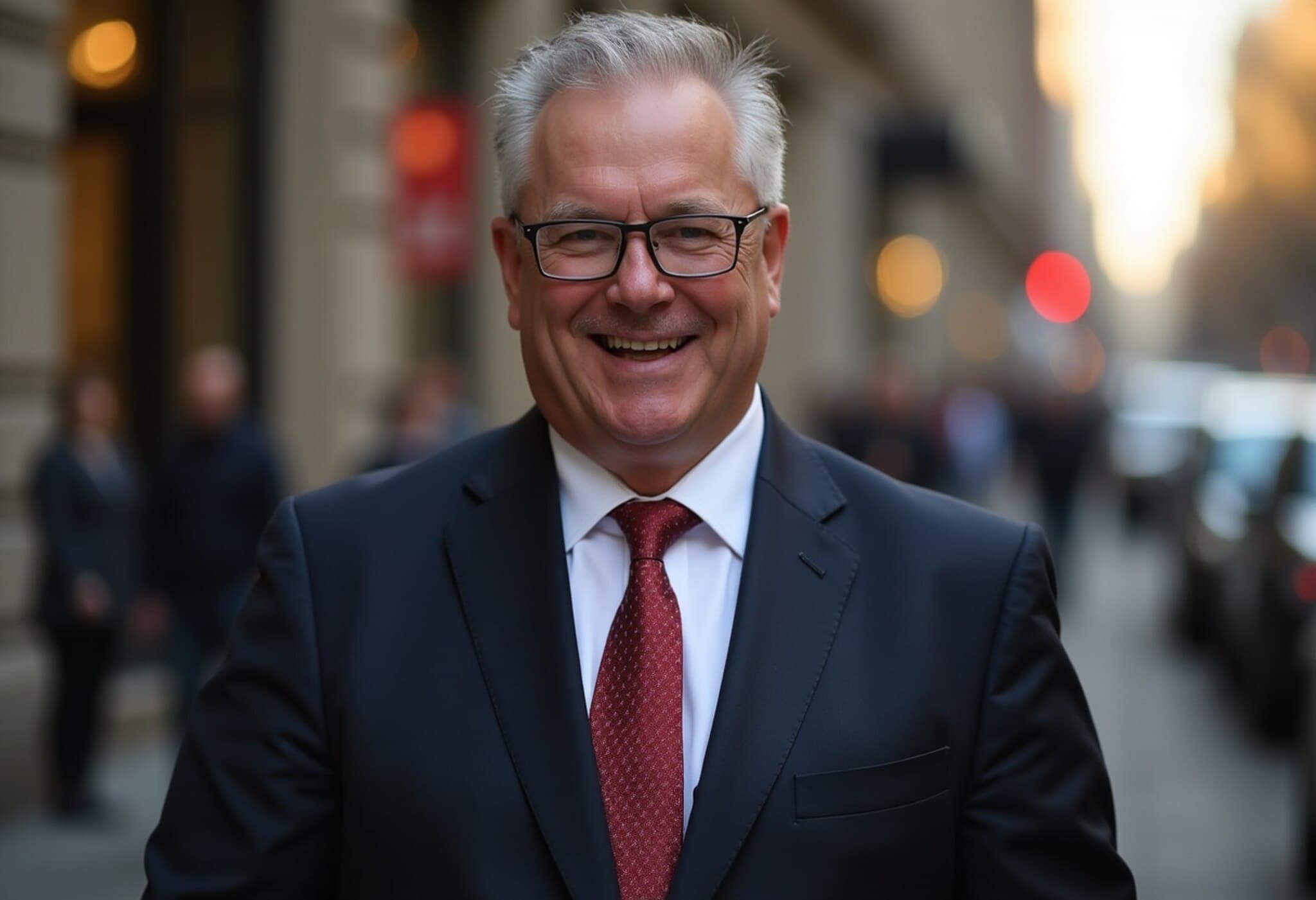Supreme Court Clarifies Limits on Influencers’ Free Speech Rights
In a landmark ruling underscoring accountability in the digital age, the Supreme Court of India has emphasized that social media influencers do not enjoy unfettered protection under the right to free speech when their content is commercialized. The Court's stance comes amid growing concerns over online speech that ridicules marginalized groups, notably persons with disabilities.
Context: Apologies from Influencers After Offensive Content
The case originated from podcaster Ranveer Allahbadia’s controversial remarks and has since expanded to include prominent creators such as Samay Raina, Vipul Goyal, Balraj Paramjeet Singh Ghai, Sonali Thakur, and Nishant Jagdish Tanwar. These influencers were directed by a bench comprising Justices Surya Kant and Joymalya Bagchi to publicly apologize for content that mocked individuals with disabilities — a gesture the Court emphasized should reflect sincere remorse greater than the offense caused.
Highlighting the need to balance freedom of expression with social responsibility, the Court observed, "Influencers commercialise speech. When a speech falls in the ambit of commercial or prohibitive categories, the immunity under right to free speech is not available."
Developing Comprehensive Guidelines for Online Speech
Attorney General R. Venkataramani revealed that consultations are underway with multiple stakeholders, including the Ministry of Information and Broadcasting, to draft frameworks regulating online speech. He stressed the complexity of crafting guidelines that protect free expression while curbing harmful or discriminatory content.
Refuting fears of censorship, Venkataramani assured, "There will be no gag order imposed." Justice Kant reiterated the importance of transparency, recalling earlier commitments to place draft guidelines in the public domain for broad feedback.
Guarding Vulnerable Communities: A Forward-Looking Approach
The Court underscored that while the present case concerns the disabled community, sensitivity in speech must extend to all vulnerable groups including women, children, and senior citizens. Justice Bagchi eloquently noted the role of humor in society but cautioned against allowing it to perpetuate insensitivity or discrimination:
“Humour is definitely well taken as humour is a part of life. We laugh at ourselves, but when you start laughing at others, then we should have a sense of sensibility."
The proposed guidelines aim to not only sensitize creators but also to establish clearer lines of responsibility for content disseminated through digital platforms.
Legal and Social Implications
- Free Speech vs Commercial Speech: This ruling aligns with wider democratic principles that free speech protections are nuanced when it crosses into commercial promotion, where responsibility and accountability ramp up.
- Protection of Rights for Persons with Disabilities: The case draws attention to existing laws like the Information Technology Rules and the Cinematograph Act that prohibit derogatory targeting of disabled communities.
- Role of NGOs and Civil Society: The Cure SMA Foundation of India played a key role as the complainant, demonstrating how advocacy groups leverage legal frameworks to defend marginalized voices.
What This Means for Influencers and Digital Platforms
Influencers operate at the intersection of entertainment, commerce, and social influence — a space demanding heightened accountability. This Supreme Court ruling sends a clear message: monetized speech on digital platforms is not a legal shield for insensitive or harmful content.
Additionally, platforms and regulators must grapple with creating enforcement mechanisms that respect free speech while protecting human dignity. This balance remains a pivotal challenge in India’s vibrant but evolving digital public sphere.
Editor’s Note
This decision marks a crucial step toward clarifying the often blurry boundaries between expression, commerce, and social responsibility in India’s digital landscape. It raises pressing questions: How can regulatory frameworks effectively differentiate between satire and harmful speech? What role should platforms play in moderating content while respecting democratic freedoms? As India advances its online speech guidelines, ongoing public dialogue and transparency will be key to ensuring these protections uplift, rather than silence, diverse voices.
For influencers, creators, and consumers alike, this ruling serves as a reminder that words carry weight — especially when amplified across millions of screens.

